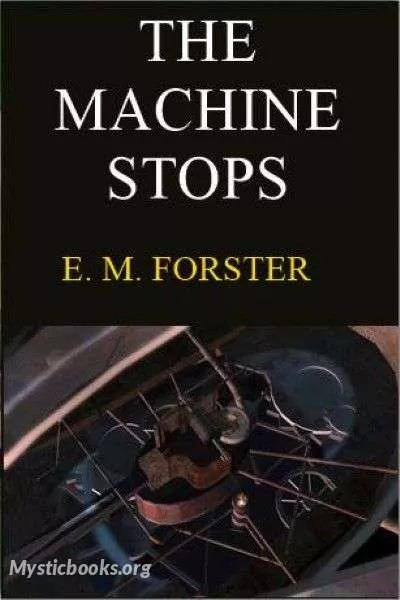
The Machine Stops
'The Machine Stops' Summary
The story describes a world in which most of the human population has lost the ability to live on the surface of the Earth. Each individual now lives in isolation below ground in a standard room, with all bodily and spiritual needs met by the omnipotent, global Machine. Travel is permitted, but is unpopular and rarely necessary. Communication is made via a kind of instant messaging/video conferencing machine with which people conduct their only activity: the sharing of ideas and what passes for knowledge.
The two main characters, Vashti and her son Kuno, live on opposite sides of the world. Vashti is content with her life, which, like most inhabitants of the world, she spends producing and endlessly discussing secondhand 'ideas'. Her son Kuno, however, is a sensualist and a rebel. He persuades a reluctant Vashti to endure the journey (and the resultant unwelcome personal interaction) to his room. There, he tells her of his disenchantment with the sanitised, mechanical world.
He confides to her that he has visited the surface of the Earth without permission and that he saw other humans living outside the world of the Machine. However, the Machine recaptures him, and he is threatened with 'Homelessness': expulsion from the underground environment and presumed death. Vashti, however, dismisses her son's concerns as dangerous madness and returns to her part of the world.
As time passes, and Vashti continues the routine of her daily life, there are two important developments. First, the life-support apparatus required to visit the outer world is abolished. Most welcome this development, as they are sceptical and fearful of first-hand experience and of those who desire it. Secondly, "Technopoly", a kind of religion, is re-established, in which the Machine is the object of worship. People forget that humans created the Machine, and treat it as a mystical entity whose needs supersede their own.
Those who do not accept the deity of the Machine are viewed as 'unmechanical' and threatened with Homelessness. The Mending Apparatus – the system charged with repairing defects that appear in the Machine proper – has also failed by this time, but concerns about this are dismissed in the context of the supposed omnipotence of the Machine itself.
During this time, Kuno is transferred to a room near Vashti's. He comes to believe that the Machine is breaking down, and tells her cryptically "The Machine stops." Vashti continues with her life, but eventually defects begin to appear in the Machine. At first, humans accept the deteriorations as the whim of the Machine, to which they are now wholly subservient, but the situation continues to deteriorate, as the knowledge of how to repair the Machine has been lost.
Finally, the Machine collapses, bringing 'civilization' down with it. Kuno comes to Vashti's ruined room. Before they perish, they realise that humanity and its connection to the natural world are what truly matter, and that it will fall to the surface-dwellers who still exist to rebuild the human race and to prevent the mistake of the Machine from being repeated.
Book Details
Language
EnglishOriginal Language
EnglishPublished In
1909Authors
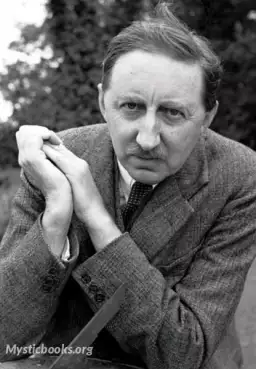
Edward M. Forster
England
Edward Morgan Forster was an English fiction writer, essayist and librettist. Many of his novels examine class difference and hypocrisy, including A Room with a View (1908), Howards End (1910) and A P...
Books by Edward M. ForsterDownload eBooks
Listen/Download Audiobook
- Select Speed
Related books
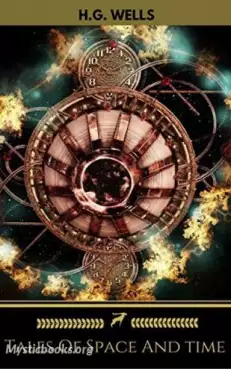
Tales of Space and Time by H. G. Wells
Tales of Space and Time is a fantasy and science fiction collection of three short stories and two novellas written by the English author H. G. Wells...
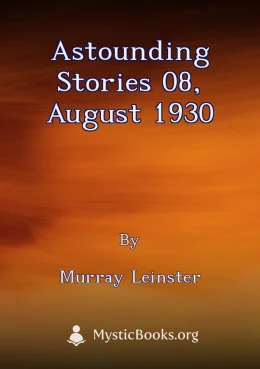
Astounding Stories 08, August 1930 by Murray Leinster
This volume, 'Astounding Stories 08', compiles a collection of science fiction tales from August 1930. The centerpiece is the conclusion of Murray Le...
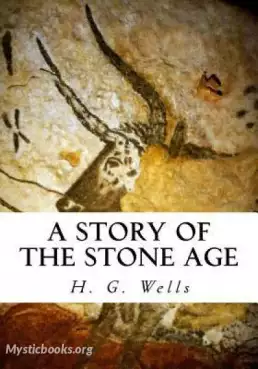
A Story of the Stone Age by H. G. Wells
"A Story of the Stone Age" is a short story written in 1897 by H. G. Wells. The story was featured in three parts between May and August 1897 in The...
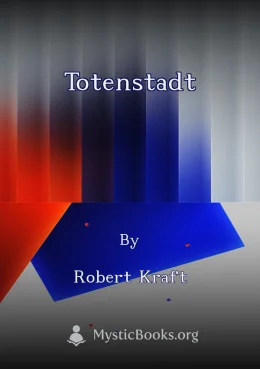
Totenstadt by Robert Kraft
Die Totenstadt erschien 1901 im Rahmen der 10 Hefte umfassenden Serie „Aus dem Reiche der Phantasie“, wobei jedes Heft eine abgeschlossene Geschichte...
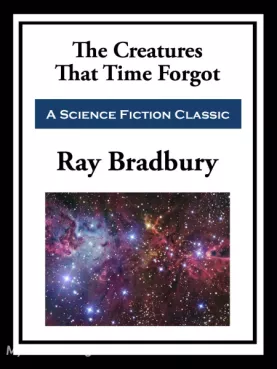
The Creatures That Time Forgot by Ray Bradbury
In this, Bradbury weaves together a tapestry of captivating stories, each one taking the reader on a thrilling adventure through time. From prehistor...
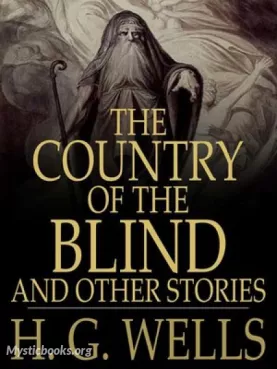
The Country of the Blind, and Other Stories by H. G. Wells
Within the pages of this book, readers will encounter extraordinary worlds, bizarre encounters, and profound explorations of human nature. From the me...
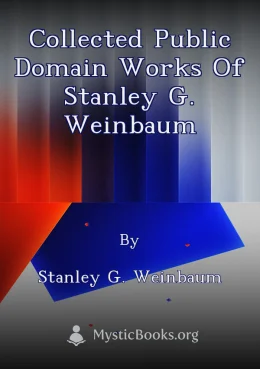
Collected Public Domain Works of Stanley G. Weinbaum by Stanley G. Weinbaum
This collection compiles some of Stanley G. Weinbaum's most notable short stories, showcasing his innovative and imaginative approach to science ficti...
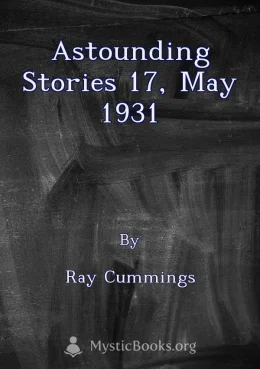
Astounding Stories 17, May 1931 by Ray Cummings
Astounding Stories 17, May 1931 features science fiction stories and a novella. The novella, "Dark Moon" by Charles W. Diffin, explores the mysteries...
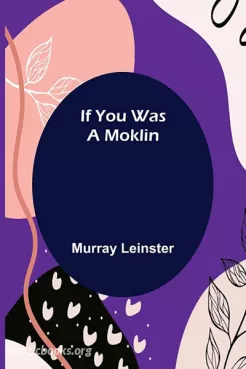
If You Was A Moklin by Murray Leinster
It is a short story, originally published in Galaxy Magazine, September 1951. The story is set in the future, when humans have made contact with an al...

A Republic Without A President, and Other Stories by Herbert Ward
Step into a world of captivating narratives and explore the depths of the human condition with "A Republic Without A President, and Other Stories" by...
Reviews for The Machine Stops
No reviews posted or approved, yet...